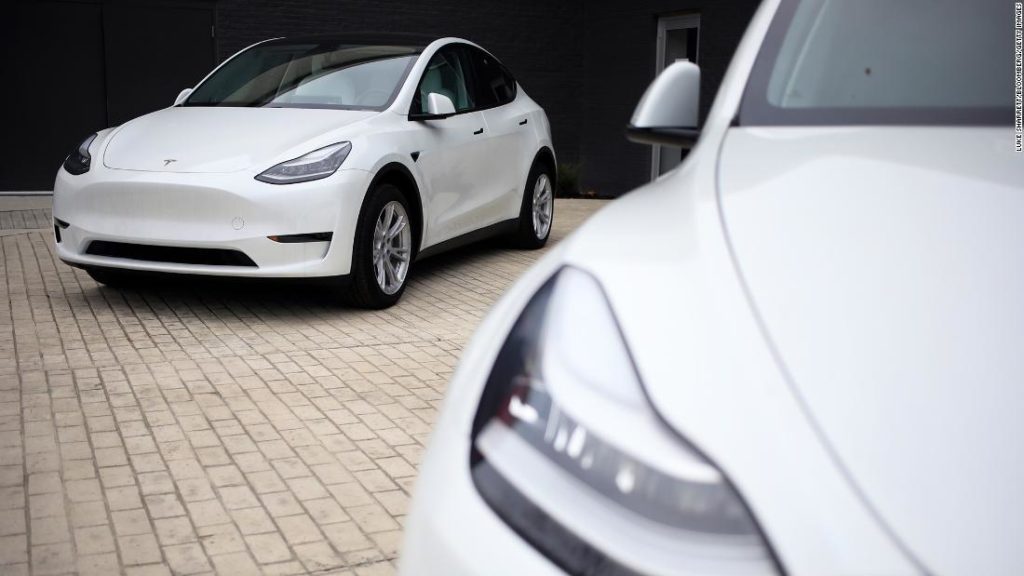Tesla top executives concede the company can’t count on that source of cash continuing.
“This is always an area that’s extremely difficult for us to forecast,” said Tesla’s Chief Financial Officer Zachary Kirkhorn. “In the long term, regulatory credit sales will not be a material part of the business, and we don’t plan the business around that. It’s possible that for a handful of additional quarters, it remains strong. It’s also possible that it’s not.”
Tesla also reports other measures of profitability, as do many other companies. And by those measures, the profits are great enough that they do not depend on the sales of credits to be in the black.
Its supporters say those measures show Tesla is making money at last after years of losses in most of those measures. That profitability is one of the reasons the stock performed so well for more than a year.
But the debate between skeptics and devotees of the company whether Tesla is truly profitable has become a “Holy War,” according to Gene Munster, managing partner of Loup Ventures and a leading tech analyst.
“They’re debating two different things. They’ll never come to a resolution,” he said. Munster believes critics focus too much on how the credits still exceed net income. He contends that automotive gross profit margin, excluding those sales of regulatory credits, is the best barometer for the company’s financial success.
“It’s a leading indicator,” of that measure of Tesla’s profit, he said. “There’s no chance that GM and VW are making money on that basis on their EVs.”
The future of Tesla
Tesla shares are now worth roughly as much as those of the combined 12 largest automakers who sell more than 90% of autos globally.
What Tesla has that other automakers don’t is rapid growth — last week it forecast annual sales growth of 50% in coming years, and it expects to do even better than that in 2021 as other automakers struggle to get back to pre-pandemic sales levels.
The entire industry is moving toward an all-electric future, both to meet tougher environmental regulations globally and to satisfy the growing appetite for EVs, partly because they require less labor, fewer parts and cost less to build than traditional gasoline-powered cars.
“Something most people can agree on is that EVs are the future,” said Munster. “I think that’s a safe assumption.”
“The competition is rendering Tesla’s cars irrelevant,” said GLJ’ Resarch’s Johnson. “We do not see this as a sustainable business model.”
Other analysts contend Tesla’s share price is justified given how it can benefit from the shift to electric vehicles.
“They’re not going to stay at 80-90% share of the EV market, but they can keep growing even with much lower market share,” said Daniel Ives, a technology analyst with Wedbush Securities. “We’re looking at north of 3 million to 4 million vehicles annually as we go into 2025-26, with 40% of that growth coming from China. We believe now they are on the trajectory that even without [the EV] credits they’ll still be profitable.”
You may also like
-
UK coronavirus variant has been reported in 86 countries, WHO says
-
NASA technology can help save whale sharks says Australian marine biologist and ECOCEAN founder, Brad Norman
-
California Twentynine Palms: Explosives are missing from the nation’s largest Marine Corps base and an investigation is underway
-
Trump unhappy with his impeachment attorney’s performance, sources say
-
Lunar New Year 2021: Ushering in the Year of the Ox

